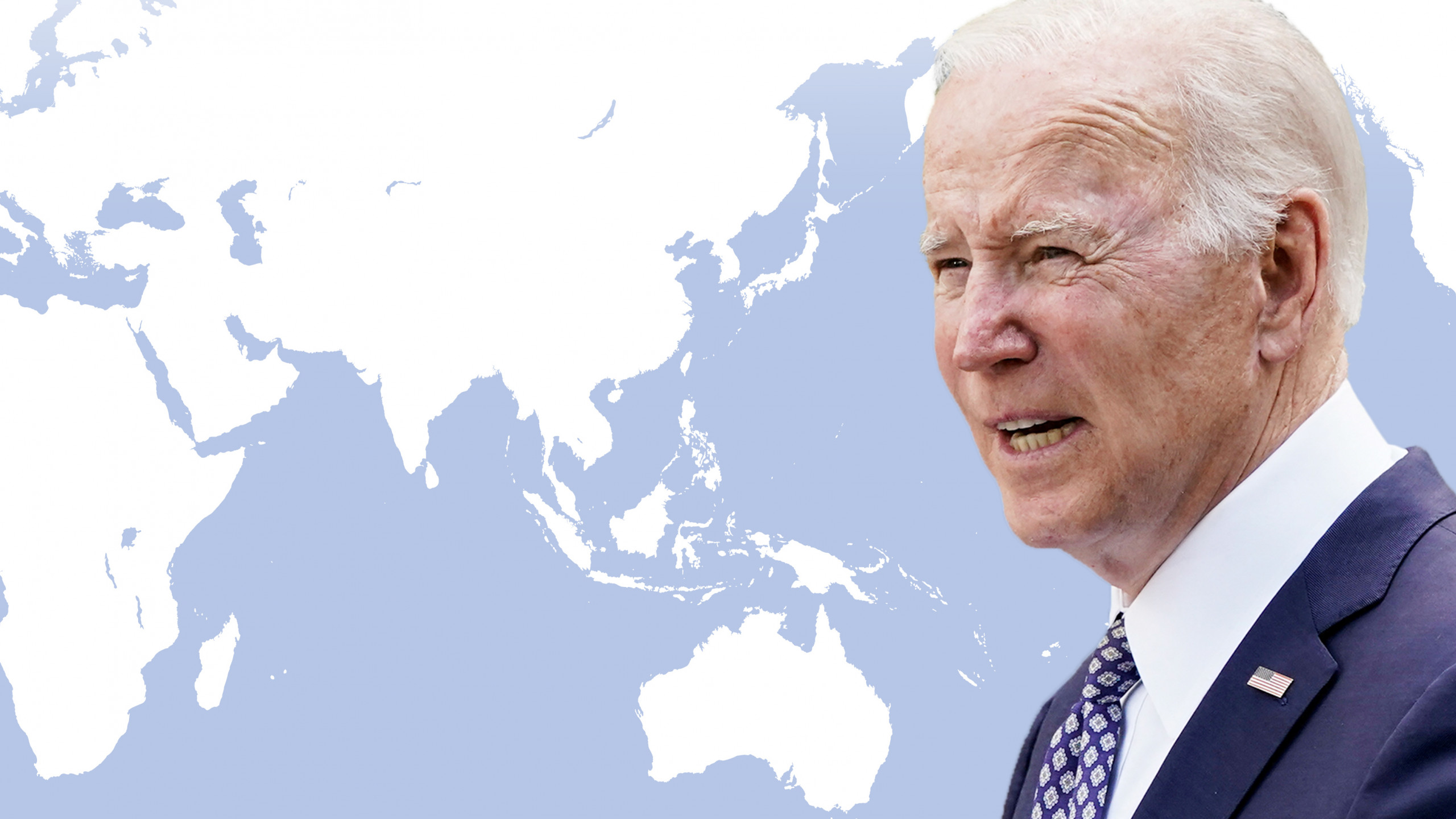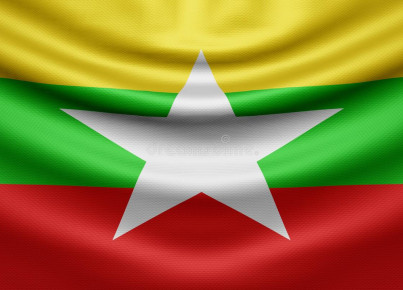Most ASEAN countries have joined the launch of Biden's Indo-Pacific Economic Framework. But they say no to the logic of a clash between blocks
There are all but three. Only Myanmar, Cambodia and Laos are not part of the Indo-Pacific Economic Framework for Prosperity (IPEF), the cooperation program launched by US President Joe Biden from Tokyo, during his trip to Asia. Malaysia, Singapore, Indonesia, the Philippines, Brunei, Vietnam and Thailand, on the other hand, joined India, Japan, South Korea, Australia and New Zealand in a group that comprises 40% of world GDP. The program intends to strengthen supply chains and collaboration between partners, particularly in the areas of digital commerce and the energy transition with a focus on the development of renewable energy. Countries in Southeast Asia have made it clear multiple times that they would like to see greater USA trade engagement and in the past have expressed their frustration at Washington's withdrawal from the Trans-Pacific Partnership (TPP) by the former. US President Donald Trump in 2017. At the same time, the White House tries to convince ASEAN, through the IPEF, that the USA is ready to do its part to support the region's commercial, infrastructural, environmental and digital development and contain the economic impact of the war in Ukraine. Still, the Biden administration made it clear in advance that it was not a free trade agreement and that therefore the framework will not lead to a lowering of tariffs on imports. The neutrality of the Association was however reiterated and exemplified by the words with which the Premier of Singapore, Lee Hsien Loong, announced joining the program launched by Biden. "Asia does not need a NATO equivalent," said Lee, also referring to the Quad summit. And he clarified the inclusive will of Southeast Asia by asking at the same time as the launch of the IPEF for the go-ahead for China to join the TPP. Cooperation yes, opposition no.






